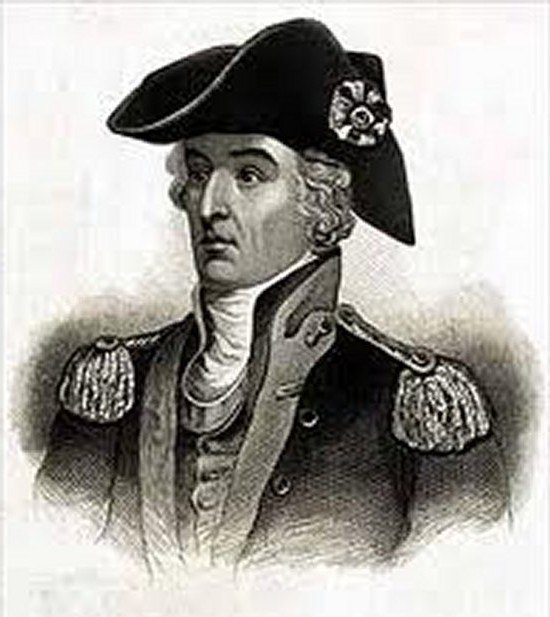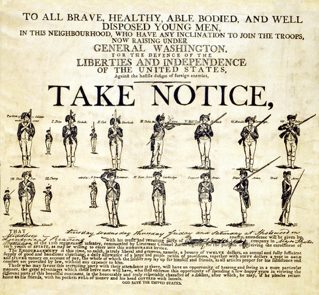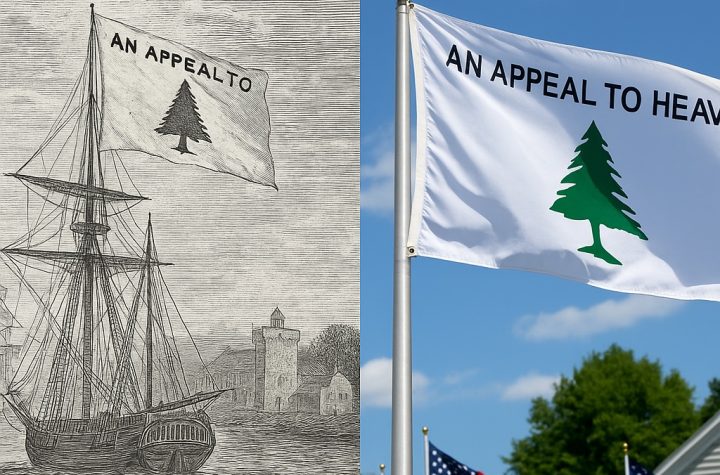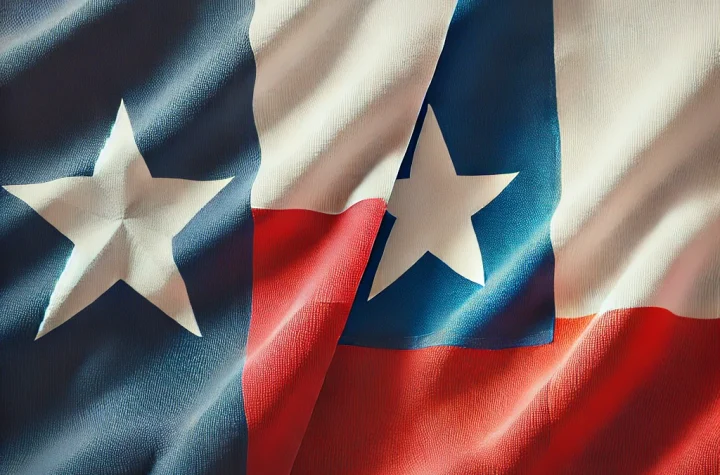
Francis Marion went to sea at 15. He once spent seven days on a lifeboat, drifting in the Caribbean after his ship was smashed apart by a whale. In 1754 he joined a militia in South Carolina, where he learned about guerilla warfare.
When America declared Independence in 1776, Marion and his men helped build Fort Sullivan (later named Fort Moultrie) in Charleston Harbor, holding off an attack by British ships.
Things were slow for a while, but then the British returned to capt Charleston and gain control of South Carolina. That’s when Marion gathered up about 70 men and began to fight his own way.
Marion used guerilla tactics he’d learned from fearless men who knew how to use hit-and-run maneuvers – Cherokee Indians.
Marion and his men would hide in thick wetlands, moving constantly to avoid discovery. Then they would strike unexpectedly, blowing up depots and ambushing troops columns.
“Our Army will be destroyed by these driblets,” one British officer said.
In November of 1780, Marion earned the nickname he’s remembered by today. British Lieutenant Colonel Banastre Tarleton, informed of Marion’s whereabouts by an escaped prisoner, chased the American militia for seven hours, covering some 26 miles. Marion escaped into a swamp, and Tarleton gave up, cursing, “As for this damned old fox, the Devil himself could not catch him.”
The story got around, and soon the locals—who loathed the British occupation—were cheering the “Swamp Fox”.
The British never knew where Marion was or where he might strike, so they had to divide their forces, weakening them. Marion kept on needling the enemy and inspiring patriotism among the locals, and so “helped make South Carolina an inhospitable place for the British. Marion and his followers played the role of David to the British Goliath.”
As the Continental Army moved back into South Carolina, Marion and his men served as scouts. His cunning and resourcefulness helped keep the cause of American independence alive in the South. Marion hated the organized discipline, and got into trouble for disobeying orders to do things that put his men at unnecessary risk (something many special ops men today can understand). He got the job done.
The “Swamp Fox” kept on going. Marion fought at the Battle of Eutaw Springs alongside Robert E. Lee’s dad (Major-General Henry “Light-Horse Harry” Lee) a strategic victory leading to the liberation of Charleston from the British.
The Swamp Fox is considered an ancestor to today’s elite Army Rangers. Quite a legacy.




More Stories
Washington Calls to Arms “…a standing miracle”
What is “Dont Tread on Me”
US Supreme Court Reasserts Gun Rights